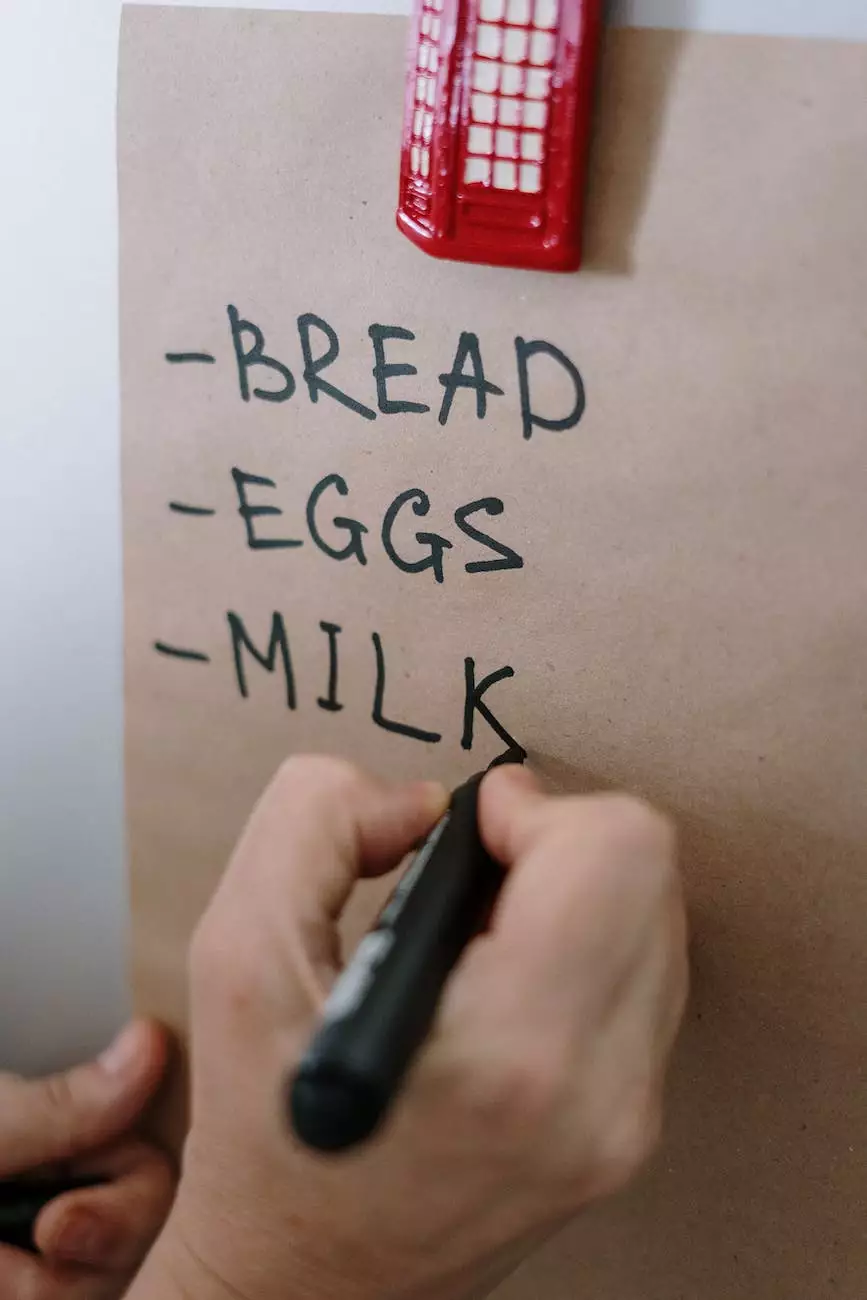Definition of the term Gutter
Services Offered
Introduction
Welcome to Nicholas Home Inspection & Consulting, your reliable source of information on various aspects of business and consumer services. In this article, we will delve into the definition and importance of the term 'gutter' in the context of consulting & analytical services.
What is a Gutter?
A gutter, in the context of our business and consumer services category, refers to a channel or trough designed to collect and redirect the flow of water away from a building's foundation or roofline. Gutters play a crucial role in preventing water damage, maintaining the structural integrity of a property, and ensuring efficient drainage.
The Importance of Gutters
Gutters are an indispensable component of any building's drainage system. By channeling rainwater and melting snow away from the roof and foundation, they help prevent costly water-related damage such as basement flooding, foundation cracks, and erosion of landscaping.
Properly installed and maintained gutters offer several benefits:
- Preventing water damage to the foundation: Gutters prevent the accumulation of water around the foundation, which can lead to cracks and structural issues.
- Protecting the roof: By redirecting water away from the roof, gutters help prevent water pooling, which can cause leaks and deterioration of roofing materials.
- Preserving the exterior walls: Gutters prevent water from dripping down the sides of the building, which can damage the siding and paint.
- Preventing soil erosion: By controlling the flow of water, gutters protect the landscaping by minimizing soil erosion caused by heavy rainfall.
Types of Gutters
Gutters are available in various materials and styles. The right choice depends on factors such as climate, architectural design, and personal preferences. Here are common types of gutters:
1. Seamless Gutters
Seamless gutters, also known as continuous gutters, are custom-made to fit the measurements of a property without any seams or joints. This design minimizes the risk of leaks and enhances durability. Seamless gutters are typically made of aluminum, copper, or galvanized steel.
2. Aluminum Gutters
Aluminum gutters are lightweight, affordable, and resistant to rusting. They are available in a wide range of colors, making them suitable for various architectural styles.
3. Copper Gutters
Copper gutters offer an elegant and timeless look. They develop a natural patina over time, further enhancing their aesthetic appeal. However, copper gutters tend to be more expensive than other materials.
4. Vinyl Gutters
Vinyl gutters are a cost-effective option that requires minimal maintenance. They are lightweight and resistant to corrosion, but they may not be as durable as other materials in extreme weather conditions.
Gutter Maintenance
Regular maintenance is essential to keep gutters functioning effectively. Here are some tips for gutter maintenance:
- Clean gutters at least twice a year by removing any debris, such as leaves and twigs, to prevent clogging.
- Check for leaks or holes and repair them promptly to avoid water seepage.
- Ensure downspouts are clear and direct water away from the foundation.
- Consider installing gutter guards or screens to minimize debris accumulation.
Conclusion
Gutters play a vital role in protecting buildings from water damage and maintaining their structural integrity. Understanding the definition, importance, types, and maintenance requirements of gutters can help property owners make informed decisions regarding their drainage systems. At Nicholas Home Inspection & Consulting, we provide valuable insights and services to ensure the long-term health and functionality of your property. Contact us today for professional guidance and assistance!




